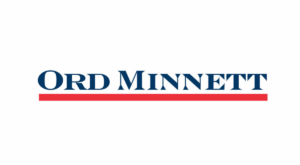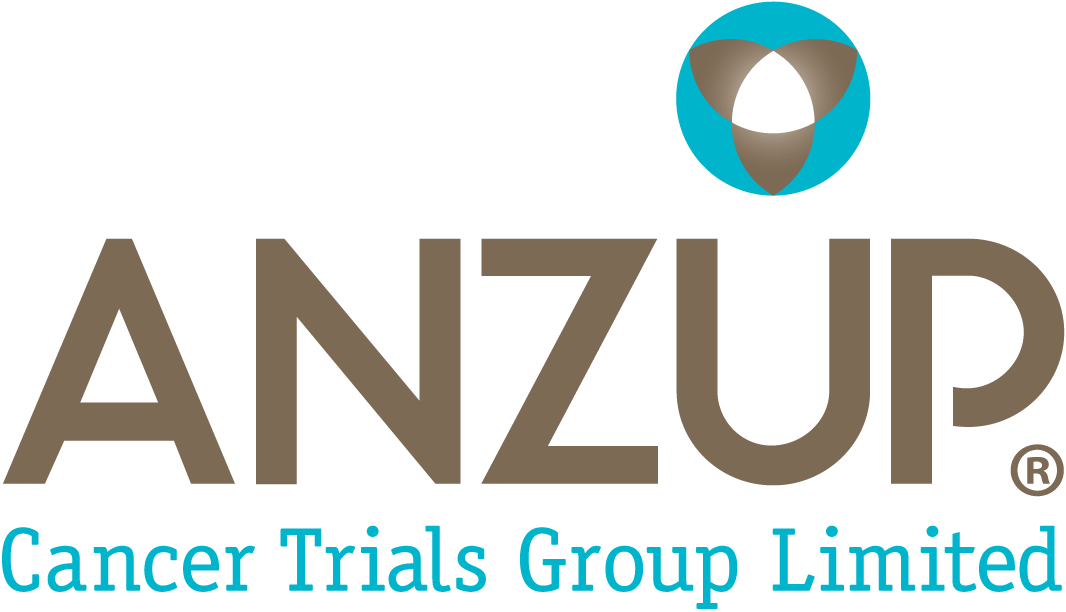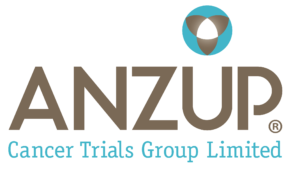Empowering Tomorrow’s Research Breakthroughs 25
Prof Ian Davis, Chair of ANZUP, hosted an exclusive evening to share more about ANZUP’s upcoming research and gave attendees an opportunity engage personally with some of our brightest researchers.
In collaboration with The George Institute, ANZUP proudly presented three of our most promising research projects, each with the potential to transform and accelerate cancer treatments.
It was an inspiring evening filled with cutting-edge ideas, great company, and a glimpse into the future of discovery.
Kindly hosted by:




RESEARCH ABSTRACTS
In collaboration with The George Institute, ANZUP is proud to present some of our most promising research projects, each with the potential to transform and accelerate cancer treatments.
Presenter: Dr. Carole Harris
Synopsis: Examines if a significantly lower dose of nivolumab (1/12th of the usual dose) is as effective as the standard dose for treating non-clear cell renal cell carcinoma (nccRCC). Aims to maintain efficacy while reducing costs, potentially broadening low-dose immunotherapy applications across multiple cancer types.
Impact: The RADIO study will inform and empower people with rare nccRCC (and by implication other unreimbursed cancers) to rationally consider access to more affordable immunotherapy. Future work may then re-examine “over-dosed” reimbursed regimes, with the potential to deliver savings of hundreds of millions of dollars per annum for Australia.
To read the full RADIO abstract, click here.
Presenter: Steve McCombe
Synposis: Investigates whether adding methoxyflurane (Penthrox®) to local anesthesia can reduce pain during prostate biopsies. Known for its effectiveness and minimal side effects, methoxyflurane could enhaInce patient comfort and improve the biopsy experience.
Impact: Significant reduction of pain during prostate biopsies, enhancing patient comfort. Pain-free TP has the potential to transform the biopsy experience into a more patient-friendly cost-effective procedure that may increase the willingness to undergo biopsies.
To read the full Pain Free TP abstract, click here.
Presenter: Prof Shomik Sengupta
Synopsis: Compares water irrigation (WI) to intravesical chemotherapy (IC) in reducing bladder cancer recurrence post-surgery. Hypothesizes WI is as effective as IC but with fewer adverse events, lower costs, and better quality of life. Aims to offer a more accessible treatment option, especially in under-resourced settings.
Impact: The key significance of this trial will be its potential reduction of Bladder Cancer recurrences, leading to substantial cost savings and improved health outcomes in Australia and globally. Intravesical chemotherapy can reduce recurrence, but is not widely used due to expense, inconvenience, and potential toxicity. The optimal outcomes related to current best practice (intravesical chemotherapy), not currently being achieved due to poor uptake, could therefore be realised by using water irrigation.
To read the full WATER abstract, click here

Donate to
improve lives!
improve lives!
Your Gift
Your Details
Your Payment
xx Gift of $xx
Go back
Go back
Or enter your own donation amount
Please complete your details
* Indicates a required field
